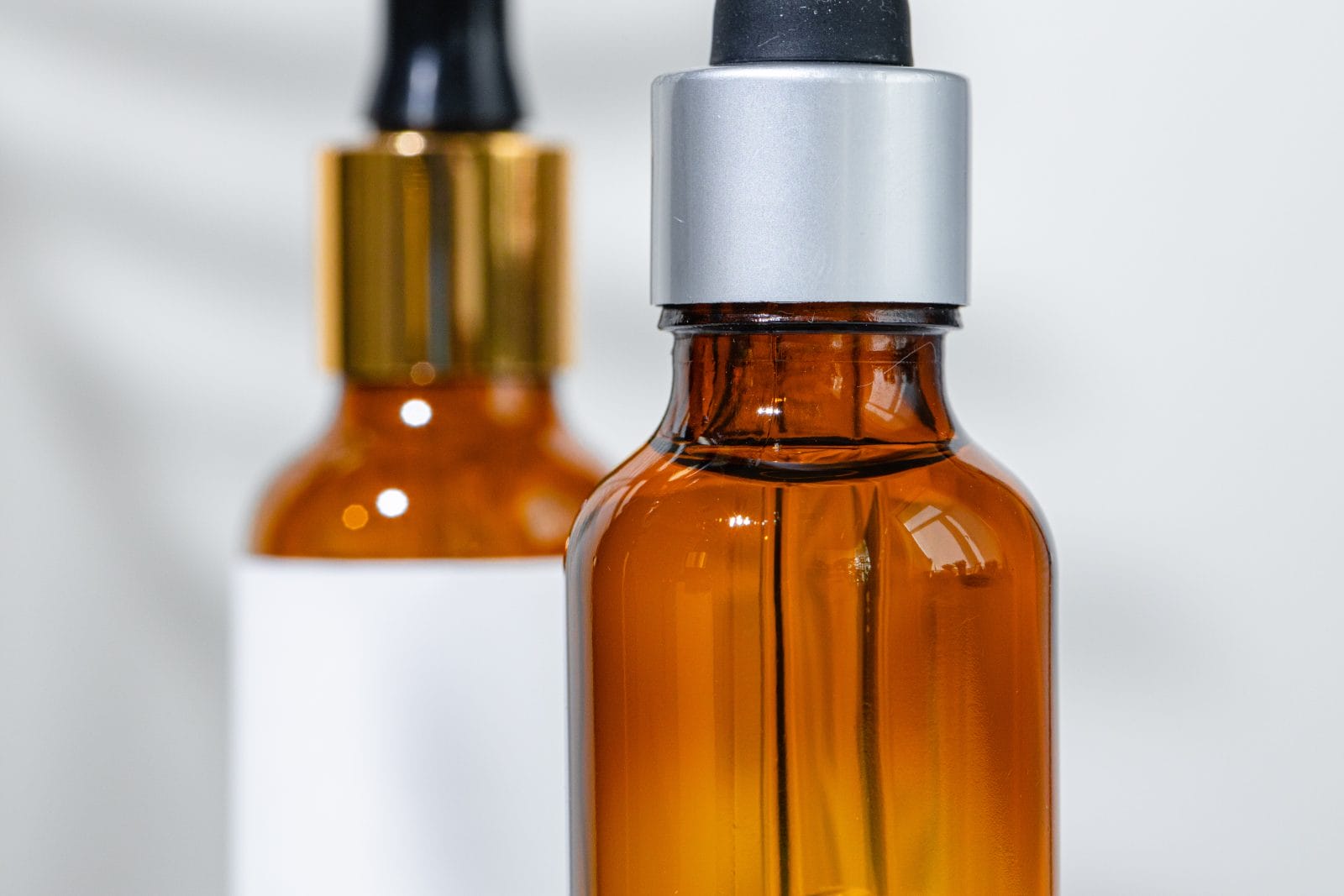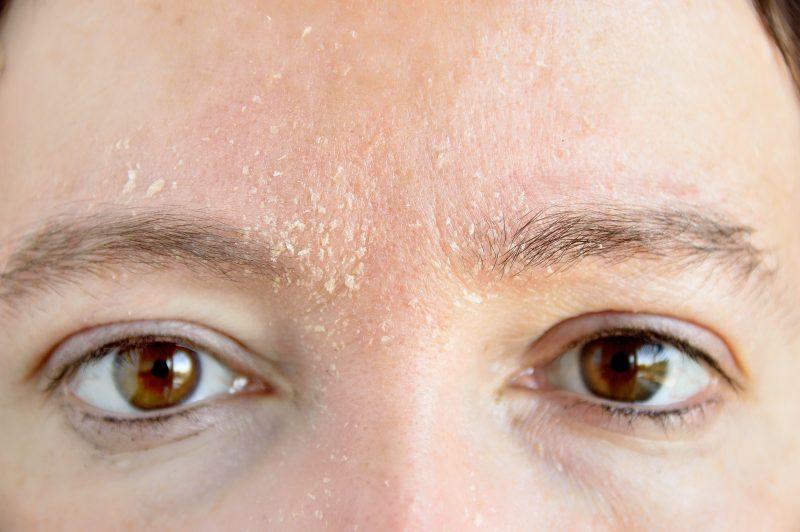Skincare
Bakuchiol vs. Retinol: Which Is Better for Your Skin?
When it comes to skincare, retinol has long been hailed as the gold standard for anti-aging and acne treatments. However, bakuchiol, a natural alternative, is gaining popularity. With promises of gentler yet effective results, the debate between bakuchiol and retinol is heating up. This article explores the benefits and drawbacks of each, helping you decide which might be the better choice for your skin.
Understanding Retinol
Retinol, a derivative of vitamin A, has been a cornerstone in skincare for decades. It is well-known for its ability to boost cell turnover, reduce fine lines, and improve skin texture. Many dermatologists recommend retinol for its potent anti-aging benefits. Retinol works by stimulating collagen production and speeding up the rate at which skin cells renew.
However, retinol can come with some side effects. Many users experience redness, irritation, and peeling, especially when they first start using the product. These side effects can be a deterrent, leading some to search for gentler alternatives. Despite its efficacy, retinol requires careful introduction to the skincare routine, often starting with lower concentrations and gradually increasing use.
Introducing Bakuchiol
Bakuchiol is derived from the seeds and leaves of the Psoralea corylifolia plant. It has been used in traditional medicine for centuries, particularly in India and China. In recent years, bakuchiol has gained attention in the skincare industry as a natural alternative to retinol. Unlike retinol, bakuchiol does not cause irritation, making it suitable for sensitive skin.
Research has shown that bakuchiol offers similar benefits to retinol without the harsh side effects. It helps to reduce the appearance of fine lines and wrinkles, improve skin elasticity, and even out skin tone. A study published in the British Journal of Dermatology found that bakuchiol is comparable to retinol in its ability to improve signs of aging, but with better skin tolerance (1).
Effectiveness and Results
When comparing bakuchiol and retinol, it’s essential to consider their effectiveness. Retinol has a well-documented track record of delivering results. Studies have consistently shown that retinol can reduce wrinkles, fine lines, and hyperpigmentation. Its ability to accelerate cell turnover makes it a powerful ingredient for skin renewal.
Bakuchiol, on the other hand, is relatively new to the scientific community. While studies like the one mentioned above are promising, there is less long-term data available. However, initial findings suggest that bakuchiol is effective in reducing signs of aging and improving overall skin appearance. Its gentler nature makes it an attractive option for those who cannot tolerate retinol.
Side Effects and Tolerance
One of the main advantages of bakuchiol over retinol is its gentler profile. Retinol can cause a range of side effects, including dryness, redness, and peeling. These side effects are often temporary and can be managed with proper skincare routines. However, for individuals with sensitive skin, these effects can be a significant barrier.
Bakuchiol offers a more tolerable alternative. Most users report minimal to no irritation when using bakuchiol. This makes it an excellent choice for those with sensitive skin or those who have experienced adverse reactions to retinol. The gentler nature of bakuchiol also means it can be used more frequently and in combination with other skincare products without the risk of irritation.
Skin Types and Considerations
Choosing between bakuchiol and retinol depends largely on your skin type and concerns. Retinol is highly effective for those with normal to oily skin types who can tolerate its potency. It is particularly beneficial for those dealing with severe acne or significant signs of aging.
Bakuchiol is better suited for individuals with sensitive or dry skin. Its anti-inflammatory properties make it an excellent choice for those with rosacea or eczema. Additionally, bakuchiol can be used during pregnancy and breastfeeding, whereas retinol is not recommended during these periods.
Usage and Application
Integrating retinol into your skincare routine requires caution. Beginners should start with a lower concentration and gradually increase usage. It’s also important to use sunscreen during the day, as retinol can make your skin more sensitive to UV rays.
Bakuchiol, however, can be used without the same level of caution. It does not increase sun sensitivity, making it a more flexible option for both day and night use. This ease of use can be a significant advantage for those looking for a straightforward addition to their skincare routine.
Comparative Benefits
While both bakuchiol and retinol offer anti-aging benefits, their methods and impacts differ. Retinol’s strength lies in its ability to promote cell turnover and collagen production rapidly. This makes it a powerhouse for addressing deep wrinkles and significant pigmentation issues.
Bakuchiol, while less potent in some respects, provides a more balanced approach to skincare. It offers anti-aging benefits without the risk of irritation. Additionally, bakuchiol has antioxidant properties, which can help protect the skin from environmental stressors. This dual action of anti-aging and protection makes bakuchiol a well-rounded choice for many.
Market Trends and Consumer Preferences
The skincare market has seen a significant shift towards natural and gentle ingredients. Consumers are increasingly seeking products that deliver results without compromising skin health. This trend has contributed to the rising popularity of bakuchiol.
According to a report by Grand View Research, the global market for natural skincare products is expected to reach USD 54.6 billion by 2027, driven by consumer demand for safer and more sustainable options (2). Bakuchiol’s rise in popularity can be seen as part of this broader trend towards natural and gentle skincare solutions.
Personal Experiences and Testimonials
Many individuals who have switched from retinol to bakuchiol report positive experiences. They often cite the reduced irritation and increased skin comfort as significant benefits. Personal testimonials highlight bakuchiol’s ability to deliver visible improvements in skin texture and tone without the side effects associated with retinol.
Dermatologists also note the growing interest in bakuchiol among their patients. As more people seek out gentler skincare options, bakuchiol’s reputation as an effective and tolerable alternative to retinol continues to grow. This shift is reflected in the increasing number of skincare products featuring bakuchiol as a key ingredient.
Scientific Backing
While more research is needed to fully understand the long-term effects of bakuchiol, current studies are encouraging. The study published in the British Journal of Dermatology mentioned earlier found that bakuchiol and retinol both significantly decreased wrinkle surface area and hyperpigmentation, but bakuchiol showed fewer side effects (1).
This scientific backing is crucial for establishing bakuchiol’s credibility as a viable alternative to retinol. As more studies are conducted, it is likely that our understanding of bakuchiol’s benefits and limitations will continue to evolve.
Making the Choice
Ultimately, the choice between bakuchiol and retinol comes down to individual skin needs and preferences. For those who can tolerate it, retinol remains a highly effective anti-aging treatment. Its ability to promote rapid cell turnover and collagen production is unmatched in the skincare world.
Bakuchiol, however, offers a gentler, yet still effective, alternative. Its suitability for sensitive skin, lack of irritation, and flexibility in use make it an appealing choice for many. Whether you opt for retinol or bakuchiol, the key is to find a product that works for your skin and fits seamlessly into your skincare routine.
The Debate About Bakuchiol vs Retinol Goes On
The debate between bakuchiol and retinol is ongoing, but both ingredients have their merits. Retinol’s proven track record makes it a staple in many skincare routines, while bakuchiol’s gentle nature offers a viable alternative for those seeking similar benefits without the side effects. As with any skincare decision, it’s important to consider your skin type, concerns, and how your skin responds to different ingredients. Whether you choose retinol or bakuchiol, consistent use and proper skincare practices will help you achieve healthy, radiant skin.
References
(1) Dhaliwal, S., Rybak, I., Ellis, S., Notay, M., Trivedi, M., Burney, W., & Shah, M. (2018). Prospective, randomized, double-blind assessment of topical bakuchiol and retinol for facial photoageing. British Journal of Dermatology, 180(2), 289-296. https://onlinelibrary.wiley.com/doi/abs/10.1111/bjd.16918
(2) Grand View Research. (2020). Natural Skin Care Products Market Size, Share & Trends Analysis Report By Product (Facial Care, Body Care), By Distribution Channel (Offline, Online), By Region, And Segment Forecasts, 2020 – 2027. https://www.grandviewresearch.com/industry-analysis/natural-skin-care-products-market





